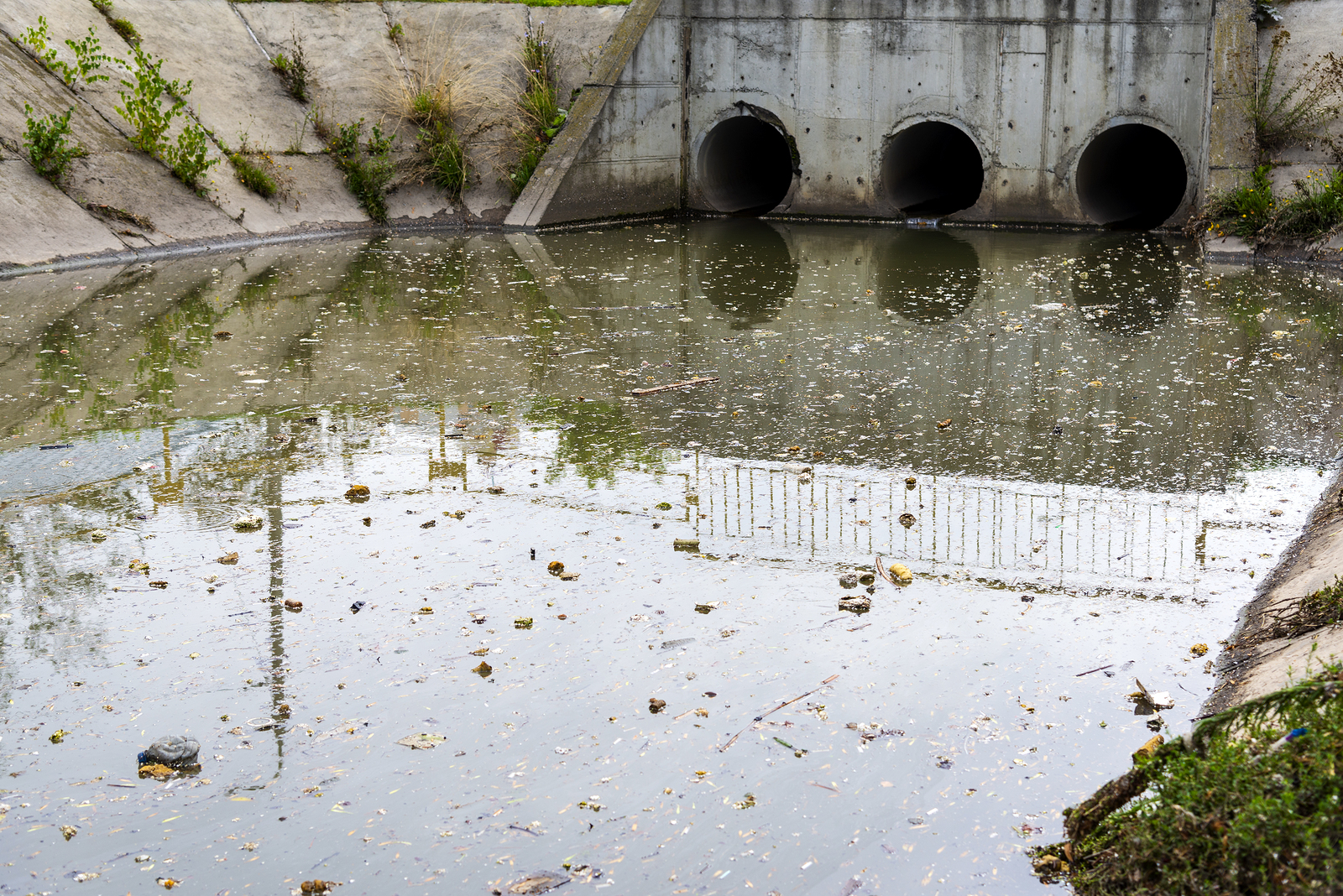Program Contacts |
||
| Megan Conklin REHS Program Manager 216.201.2000 ext 1266 mconklin@ccbh.net |
Nate McConoughey REHS Supervisor 216.201.2000 ext 1239 nmcconoughey@ccbh.net |
|
Note:
The annual Operation & Management Permit applications will be mailed out to property owners who utilize household sewage treatment systems annually in October. These permits are required in Ohio Sewage Code.
Non-Point Source Pollution

Non-point source pollution, which includes the effluent from malfunctioning household sewage systems, fertilizers, and other surface runoff contaminants, is often identified as a major contributor to poor water quality in a watershed.
Specific sources of non-point source pollution are often difficult to identify.
This form of pollution is discharged to common collector pipes, storm sewers, and roadside ditches which often drain to streams, rivers, and ultimately to Lake Erie.
Additional information about non-point source pollution is available at the Ohio EPA’s website.
Household Sewage Program
To assist in addressing these water quality concerns, the Cuyahoga County Board of Health implemented its Household Sewage System Operation and Management Program in 1993. This program utilizes a diverse approach to identify and minimize the impact household sewage systems have on the environment.
The Household Sewage Operation and Management Program provides for sampling of surface waters and treatment systems. This sampling helps us to prioritize areas determined to be adversely impacted by pollution sources.
Information & Evaluation
Our sanitarians assist homeowners by providing specific information about their individual sewage system along with suggestions for the maintenance of their system. Information about the basic design of sewage treatment systems can be found here.
To request an evaluation of your sewage system, please complete the Sewage Treatment System Point of Sale Application and submit it to us. We will contact you to schedule the inspection.
Inspections
Along with requested point-of-sale inspections and nuisance complaint investigations, we also conduct operational inspections of household sewage systems. Sewage system evaluations are scheduled and conducted throughout the communities we service.
As these systems are evaluated, the data that is gathered is provided to community officials along with pertinent water quality sampling data.
Repair & Replacement
We work with community officials to develop feasible solutions for correcting the sewage treatment and disposal problems identified. In many circumstances, the design and installation of a sanitary sewer is the most practical solution for eliminating failing sewage systems. Over 10,000 systems have been eliminated from use as the result of sanitary sewer installation.
In these situations, repair or replacement of malfunctioning household sewage systems will be necessary. Homeowners are typically involved in the decision process and are kept informed as these determinations are made.
A number of municipalities have completed preliminary studies and have determined that the installation of a sanitary sewer in certain areas is not feasible or cost-effective. Topographical limitations, large lot sizes, and sparse population in an area may result in a sewer project not being practical.
In these communities, we work with homeowners to repair or replace failing systems. To date, several thousand malfunctioning sewage systems have been repaired or replaced throughout Cuyahoga County.
The activities in the Household Sewage Operation and Management Program are supported by fees collected from the issuance of annual Operation and Management Permits, which are required of all homeowners who utilize household sewage systems. This annual permit is renewed prior to January 1 of each year.




